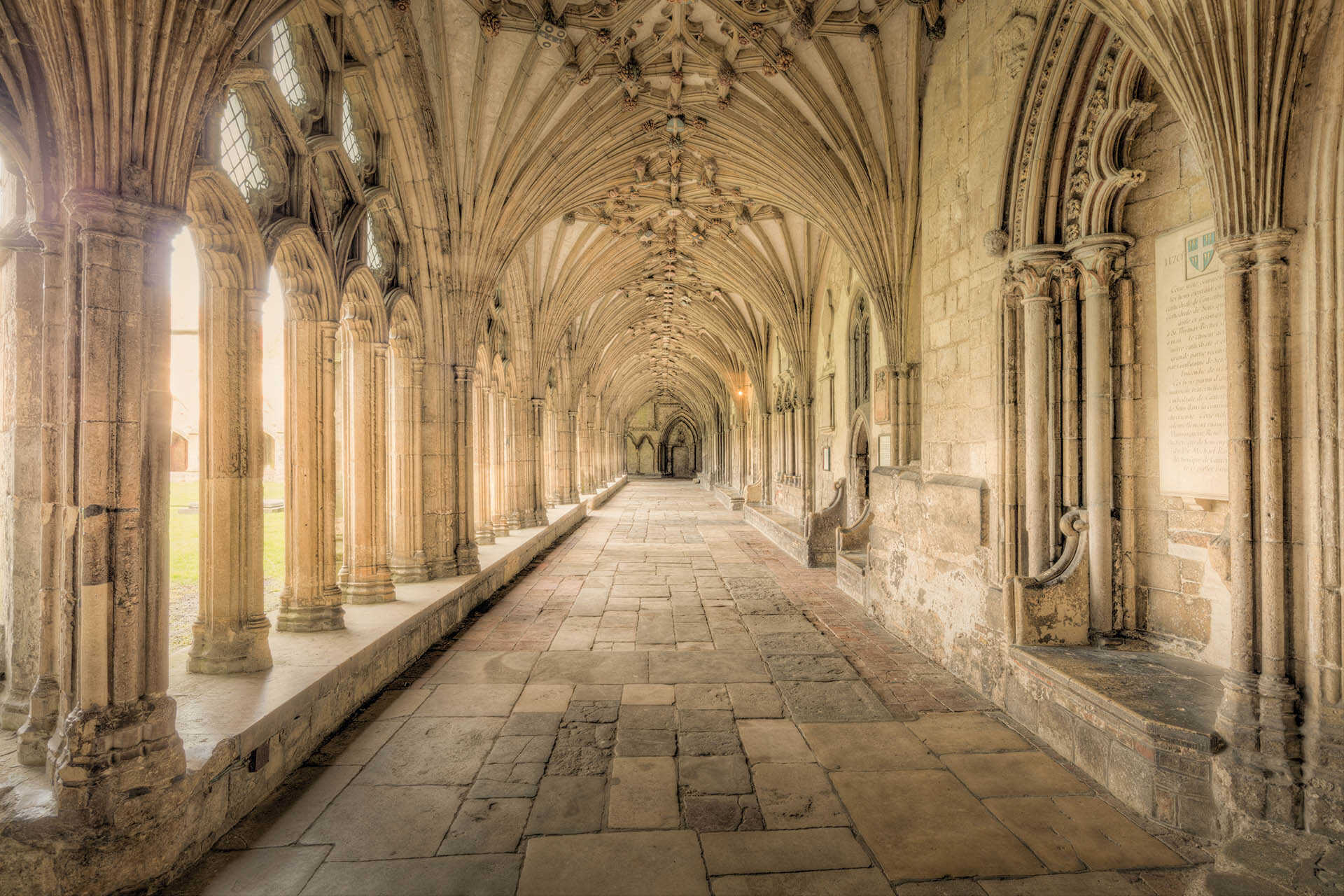Why do we preserve and why does it matter? This is the underlying question of this module, which we will explore through the analysis of the concept of heritage, how it developed from Antiquity to the present, and how it is still very much an open debate. You will learn about meanings and symbolisms behind our understanding of what heritage is, and how these have been shaping conservation attitudes and philosophies. Weekly lectures and seminars introduce different themes, periods, and instances, at both individual and large scale, focusing on the European tradition but with a world outlook. This provides you with a solid introduction to architectural, urban, and conservation history and philosophies, which allows you to navigate the complex quest underlying the module. You will develop critical thinking, learn about research methodologies, and a variety of communication skills, alongside how to read, write about, and record historic environments. By the end of this module, you will never walk around a historic environment as you did before! And you will understand both complexities and opportunities of a career in heritage.

